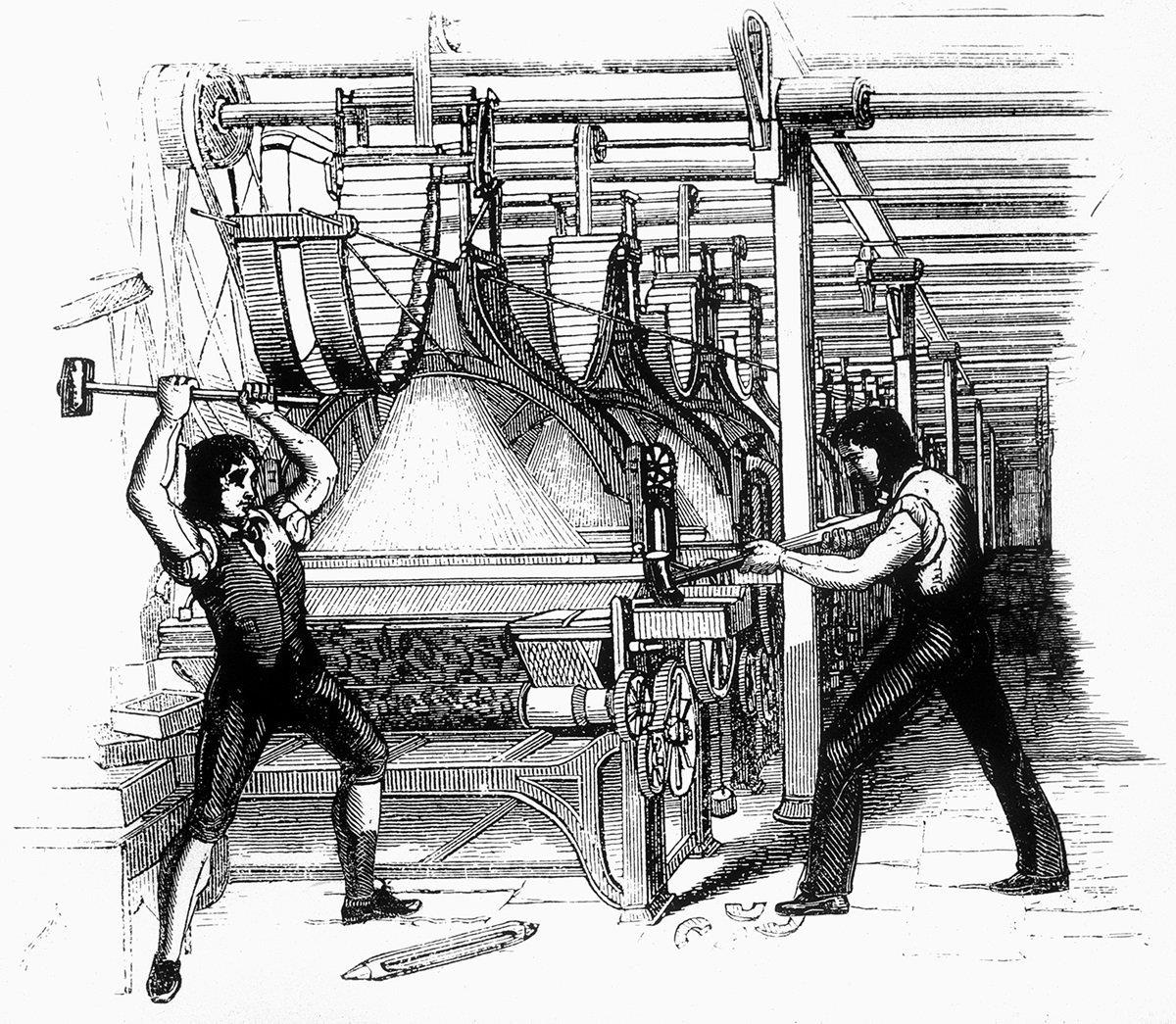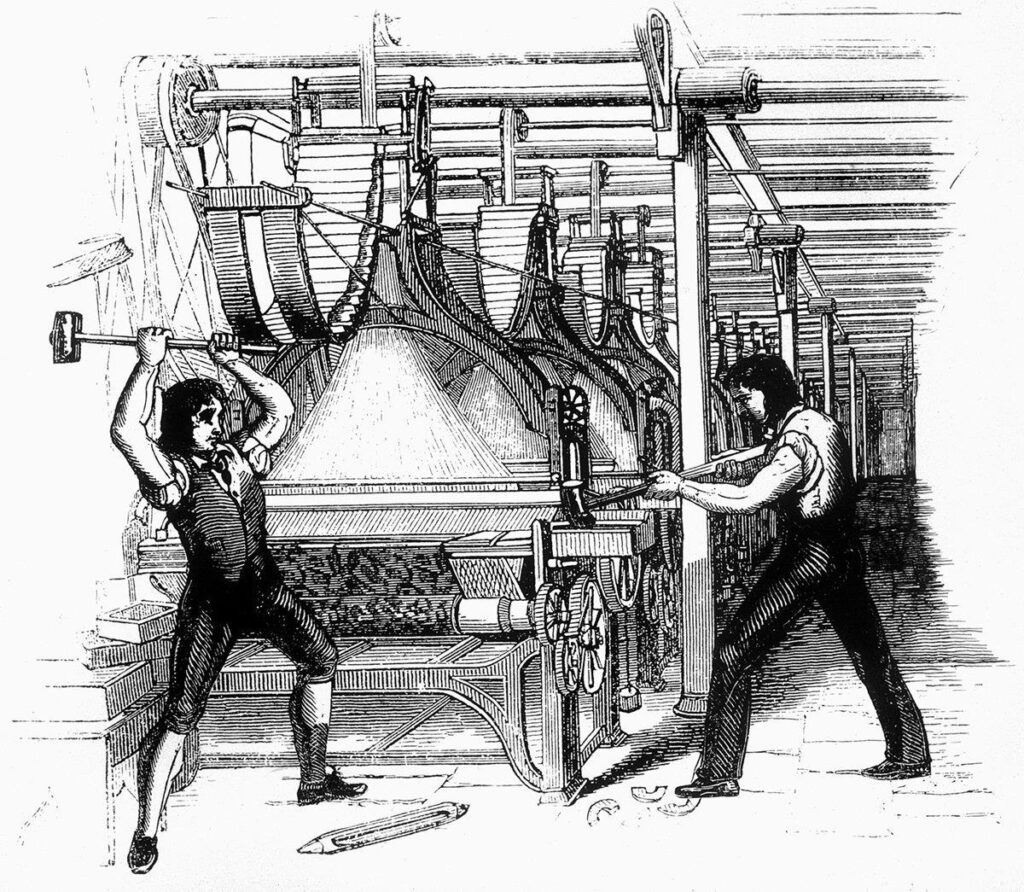
Is it just me, or has the media decided that AI will cause the end of civilization as we know it?
Full Story
Check out these recent headlines about artificial intelligence (AI):
- Artificial Intelligence and the Rise of Economic Inequality (2017)
- Never Mind Killer Robots-Here Are 6 Real A.I. Dangers to Watch Out For (2019)
- AI Greater Threat to Human Existence than Climate Change (2019)
These headlines are from reputable news sources, including MIT Technology Review. Is it just me, or has the media decided that AI will cause the end of civilization as we know it?
I’d like to suggest that exactly the opposite is true. In fact, owing to technological innovations, the quality of life has improved immensely-across all of the world. For example, did you know that:
- Over the last 200 years, the fraction of people living in extreme poverty has dropped from 85% (in 1800) to just 9% (in 2017)?
- Over this same period, the average life expectancy-worldwide-has risen from 31 years to 72 years?
- Since 1970, the fraction of people who are undernourished has dropped from 28% to 11% (in 2015)?
All of these things are true (Rosling et al., Factfulness: Ten Reasons We’re Wrong About the World-and Why Things Are Better Than You Think, 2018).
For all of us who are living reasonably comfortable lives, we owe this largely to the march of technologies which have made our lives massively better: providing abundant food, inexpensive clothing, affordable shelter, and sanitary plumbing.

Remember the Luddites? They were wrong. Machines have made our lives better. Representation of Luddites destroying a weaving machine, early to mid 1800s. Public domain image retrieved from Wikimedia.
What does this have to do with artificial intelligence? Let me suggest that AI is simply the current technology for building machines that are improving our lives.
Here are three big areas in which AI is making things better, right now: medicine, energy, and food:
In medical applications, AI-based software, working in conjunction with doctors, is analyzing lung nodules in CT scans, freeing up doctors’ time and lowering costs; achieving nearly 100% success in identifying breast cancer cells (better than doctors or AI alone); and preventing blindness, by automating the detection of eye diseases.
In energy applications, AI systems do weather prediction to allow more efficient utilization of renewable sources of energy; are deployed with sensors in environments to better control heating and cooling (e.g. saving up to 40% of cooling costs in data centers); and used in “intelligent energy storage,” a key part of the solution in deploying solar and wind power. In short, AI is integral in saving energy and making renewable energy effective at scale.
In agricultural applications, AI is employed in computer vision techniques to improve crop health and reduce herbicide use; in harvesting-robots, which are reducing labor costs and increasing yields; and in precision-farming (e.g., providing farmers with timely and actionable information about how to combat a swarm of pests).
These are all fabulously good, amazing things that are making our world better and improving people’s lives.
Of course, there are challenges. Technology causes disruptions in work, as work previously done by people is done by machines (see Luddites, above). AI will cause the same. People will lose their jobs. New jobs will be created, but it’s not clear that the people who lose their jobs will be the ones able to fill the new jobs.
These societal challenges are best resolved with engagement in consciousness-raising and political action.
We have already seen positive change stemming from recent concerns with AI systems. Just 18 months ago, it was headline news that face-recognition systems often misidentified women and people of color.
Thanks to the work of activist reporters and many others (including those who were most adversely impacted), it’s a widely known issue. An entire community has formed to address issues of “fairness, accountability, and transparency” in AI; this group holds an annual conference. Microsoft has withdrawn its facial recognition database in response to these concerns, and IBM Research released a “Diversity in Faces” dataset to advance the study of fairness in facial recognition systems.
This is exactly what we would want to happen in a democratic society.
While we combat social injustices, we must take the long view. Artificial Intelligence will be part of the technologies we build to advance humankind and all the species which populate our world.
Let’s not fear AI; let’s embrace it. AI will save the world.
 Fred Martin
Fred MartinPast Chair




